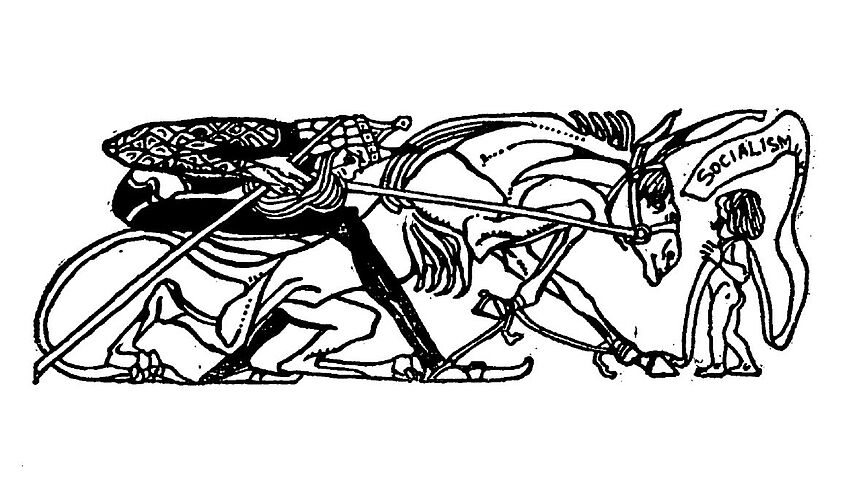WP 2 – Interpreting Non-Territorial Autonomy in Late Habsburg Hungary – A Critical Evaluation
This work package focuses on left-wing thinkers in the Hungarian part of the Dual Monarchy who either accepted or rejected the idea of non-territorial autonomy the way the Austrian social democrats, Karl Renner and Otto Bauer imagined it. The research concentrates on the time between the fin de siècle and the end of WW1, with an outlook to the mid-19th century and the interwar years. Based on political pamphlets, party protocols, the press, and personal archives, the WP traces and analyzes contemporary ideas and practical models to deal with national and linguistic diversity within the social democratic movement and state administration. In a wider sense, the research shows the overlaps between modernization (and its unequal diffusion) and national discourse.
Anna Adorjáni
Anna Adorjáni is PhD student at the University of Vienna. She studied social history, international relations, and cultural heritage at Babeş-Bolyai University (Cluj-Napoca, Romania) and at Eötvös Loránd University (Budapest, Hungary). She conducted research in Tübingen, Vienna, and Berlin. As an undergraduate student, she focused on theories of nationalism in the eighteenth and nineteenth centuries. In her MA thesis, she reconstructed the life and career of the nineteenth-century Hungarian intellectual, Ferenc Szilágyi. The study underlined the role of intellectuals in the adaptation of Western ideas. She joined the ERC project NTAutonomy in April 2018. In the project, she continues her enquiry about Hungarian intellectual and social history in the Late Habsburg Monarchy.


This project has received funding from the European Union’s Horizon 2020 Research and Innovation Programme under Grant Agreement no 758015


